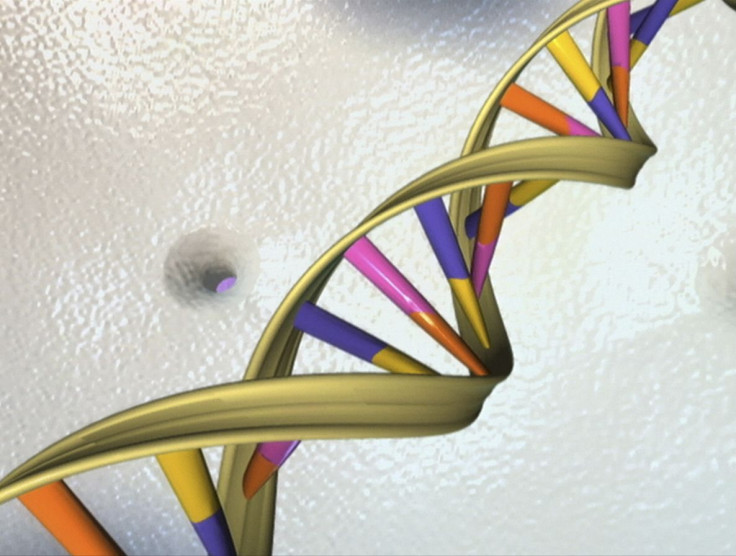Part-Human, Part-Animal Embryo Funding Ban To Be Lifted By NIH For Scientific Experimentation

In September, the National Institutes of Health (NIH) placed a moratorium on providing federal money to fund experiments where human stem cells would be used to create animal embryos. Now, the NIH has announced a plan to lift the ban against the controversial research under very specific conditions.
"I am confident that these proposed changes will enable the NIH research community to move this promising area of science forward in a responsible manner," wrote Carrie Wolinetz, the NIH's associate director for science policy, in a blog post.
The intention behind creating half-human, half-animal embryos, called chimeras, is to have a better animal model to use when studying human illnesses, drug tests and organ transplants. This could, in turn, provide researchers with innovative ways to treat and prevent diseases. Scientists also believe experimenting with human and animal embryos can result in growing human organs (e.g. hearts, kidneys, pancreases and livers) in animals like sheep, pigs and cows.
But some experts fear accidental mishaps. For example, scientists could unintentionally create animals with human consciousness or inadvertently cause a human embryo to grow inside other species. And then there are questions about the principles behind creating an inter-species embryo. In its initial ban, the NIH cited animal welfare and ethical concerns.
"You're getting into unsettling ground that I think is damaging to our sense of humanity," says Stuart Newman, a professor of cell biology and anatomy at the New York Medical College, to NPR.
In the newly proposed NIH policy, the ethical questions are tackled with strict restrictions. For instance, it still bans inter-species embryos with nonhuman primates like monkeys and chimps since they are close relatives to humans. Experiments with other species would be allowed, but would require an extra review by a special government committee to determine if there is any possibility of “substantial functional modification” to an animal’s brain.
"At the end of the day, we want to make sure this research progresses because it's very important to our understanding of disease. It's important to our mission to improve human health," said Wolinetz in an interview with NPR. "But we also want to make sure there's an extra set of eyes on these projects because they do have this ethical set of concerns associated with them."
© Copyright IBTimes 2024. All rights reserved.






















